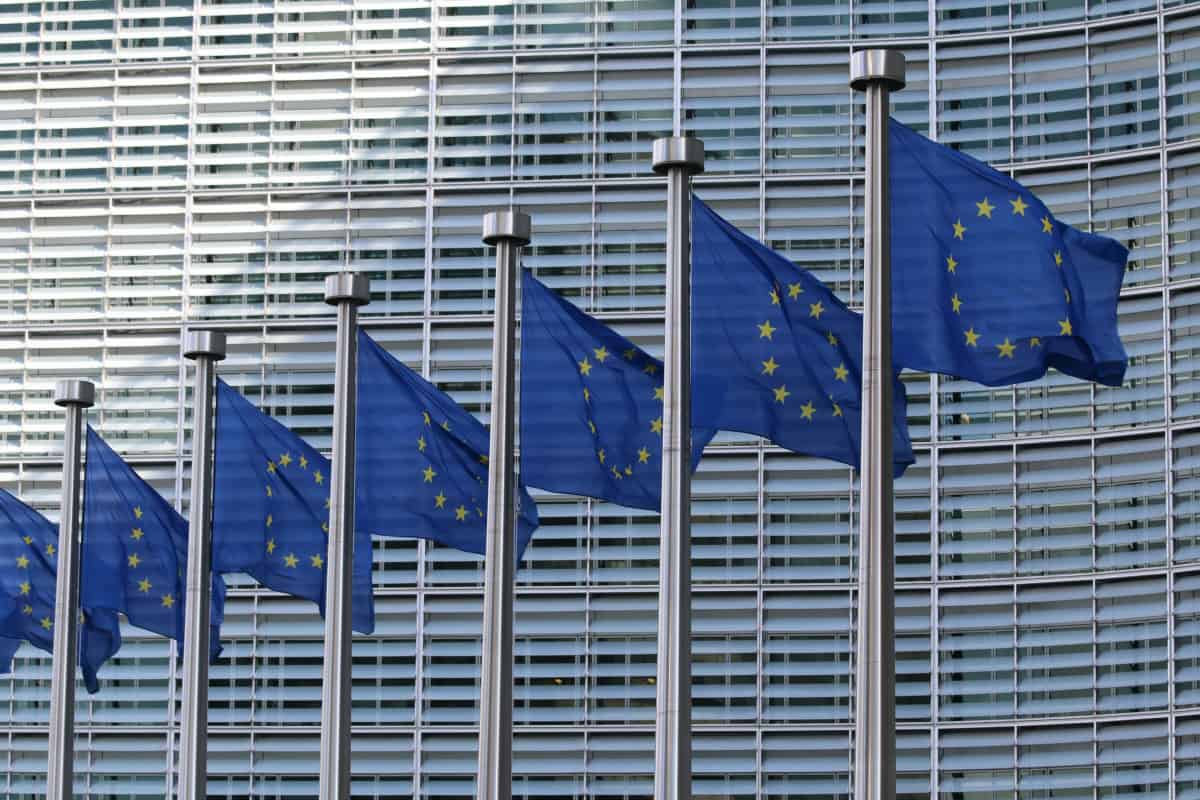EU agency for law enforcement cooperation Europol has warned that organised crime groups (OCGs) could pose a greater match-fixing threat during the COVID-19 pandemic.
The body has released a situational report titled ‘The involvement of organised crime groups in sports corruption’.
In this, it mentioned that OCGs have been seeking to take advantage of the current “changing circumstances”.
It’s estimated that across the world, criminals make €120 million from betting-related match-fixing each year.
The world stopped, but that doesn’t mean that criminals did
Between March and June, pretty much every major European sporting event was forced to stop. As a result, OCGs have been focusing their attentions elsewhere. These include youth and lower league competitions, as well as friendly matches.
Europol said the following.
“Online betting is increasingly used by organised crime groups to manipulate sports competitions and criminals usually target lower-level competitions across different sports, with football and tennis the most targeted sports by criminal networks.”
“Criminal business continued and it is anticipated that the long-term impact of the COVID-19 pandemic may be particularly significant in the area of organised crime, including money laundering and corruption.
“It is highly possible that match-fixers will focus on the few matches being held and put them under greater risk.”
OCGs in sport
Some European countries, such as Sweden and Spain, have been proactive in their efforts to snuff out corruption in sports.
During the pandemic, Europol mentioned mentioned that various countries across the continent had reported ‘ghost matches’. These involved OCGs advertising matches that didn’t actually take place on blogs and social media, so they could make money from bets placed on those non-existent events.
According to Europol, global sports betting is worth around €1.69 trillion annually. Meanwhile, profits made through betting-related match-fixing circles around the €120 million mark.
Most of the agency’s investigations are concentrated within football. The size of football betting alone, compared to global sports betting, was also revealed.
“To date, the majority of the investigations supported by Europol relate to football. The money generated globally on football betting outweighs by far any other form of sports betting and is reported to be annually €895 billion.
“According to some estimates, fewer than 1% of football matches a year are suspected to have been fixed. According to UEFA, sports corruption continues to challenge European football, particularly in the lower leagues, and in smaller countries in general.
“In this context, UEFA has witnessed a reduction in reported suspicious matches in certain Eurasian/Caucasian countries and around the Mediterranean, while noticing an increase of reports in countries neighbouring these areas.”
Combatting the risk of betting-related match-fixing
The agency called for unity to fight match-fixing through a “multi-stakeholder and multi-disciplinary approach”.
“This approach requires the necessary involvement of all relevant stakeholders including law enforcement, judicial authorities, sports bodies, regulatory authorities and other public authorities, betting operators, as well as private companies providing betting monitoring and integrity services, and the wider public.
“Protected reporting systems and whistleblowing mechanisms should also be further developed. Increased cooperation and coordination amongst different stakeholders may also be beneficial to raise awareness and to address challenges related to the limited expertise in this area.”



















